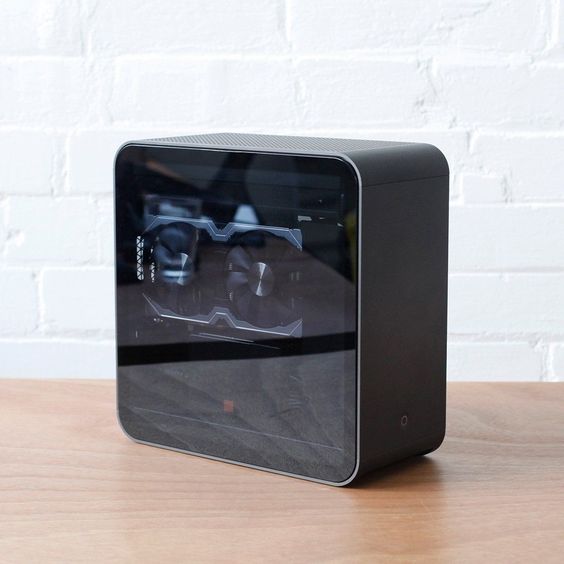In the realm of gaming, the performance of your gaming rig can significantly impact your experience. While consoles provide a solid gaming experience, many gamers turn to gaming PCs for their unparalleled power, customization, and versatility. Whether you’re a casual gamer or a competitive esports enthusiast, having the right gaming PC can elevate your gaming experience to new heights. In this blog, we’ll explore the importance of gaming PCs, their key components, and tips for building or buying your ideal setup.
Why Choose a Gaming PC?
- Superior Performance: Gaming PCs typically offer more powerful hardware than consoles, allowing for higher frame rates, better graphics, and smoother gameplay. With a gaming PC, you can often run the latest titles at ultra settings without compromising performance.
- Customization: One of the biggest advantages of gaming PCs is the ability to customize and upgrade your hardware. Whether you want to improve your graphics card, add more RAM, or upgrade your cooling system, gaming PCs offer the flexibility to adapt to your needs.
- Game Library and Backward Compatibility: Gaming PCs have access to an extensive library of games, including indie titles, mods, and classics. Plus, many older games are easily playable on modern systems, allowing you to revisit your favorites without compatibility issues.
- Multitasking Capabilities: Gaming PCs excel at multitasking, allowing you to game, stream, and run applications simultaneously. This is especially beneficial for content creators and streamers who require robust performance for their tasks.
Key Components of a Gaming PC
When building or purchasing a gaming PC, it’s essential to understand the main components that affect performance:
- CPU (Central Processing Unit): The CPU is the heart of your gaming PC, determining how efficiently your system can run games and applications. Look for high-performance CPUs from brands like Intel or AMD, such as the Intel Core i7/i9 or AMD Ryzen 7/9 series.
- GPU (Graphics Processing Unit): The GPU is crucial for rendering graphics and ensuring smooth gameplay. High-end GPUs from NVIDIA (GeForce RTX series) or AMD (Radeon RX series) are essential for playing modern games at high settings.
- RAM (Random Access Memory): RAM is vital for multitasking and smooth gaming performance. Aim for at least 16 GB of RAM for modern gaming; however, 32 GB is recommended for heavy multitasking and content creation.
- Storage: Speed and capacity are essential when it comes to storage. Solid-State Drives (SSDs) offer faster load times compared to traditional Hard Disk Drives (HDDs). A combination of an SSD for your operating system and a larger HDD for game storage is a popular choice among gamers.
- Motherboard: The motherboard connects all components and should be compatible with your CPU and GPU. Look for motherboards with features such as multiple PCIe slots, USB ports, and support for future upgrades.
- Cooling System: Adequate cooling is crucial for maintaining performance and longevity. You can choose between air cooling and liquid cooling solutions, depending on your preference and budget.
- Power Supply Unit (PSU): A reliable PSU is essential for powering your components. Make sure to choose a PSU with enough wattage to support all your hardware, preferably with an 80 PLUS certification for efficiency.
Building vs. Buying a Gaming PC
When it comes to acquiring a gaming PC, you have two main options: building one from scratch or buying a pre-built system.
- Building a Gaming PC: Building your gaming PC allows for complete customization and often saves you money. However, it requires research and technical know-how. You can select each component to match your performance needs and budget.
- Buying a Pre-Built Gaming PC: If you prefer convenience, buying a pre-built gaming PC is a great option. Many reputable manufacturers offer systems that are optimized for gaming. While they may be more expensive than building your own, they come ready to use and often include warranties.

